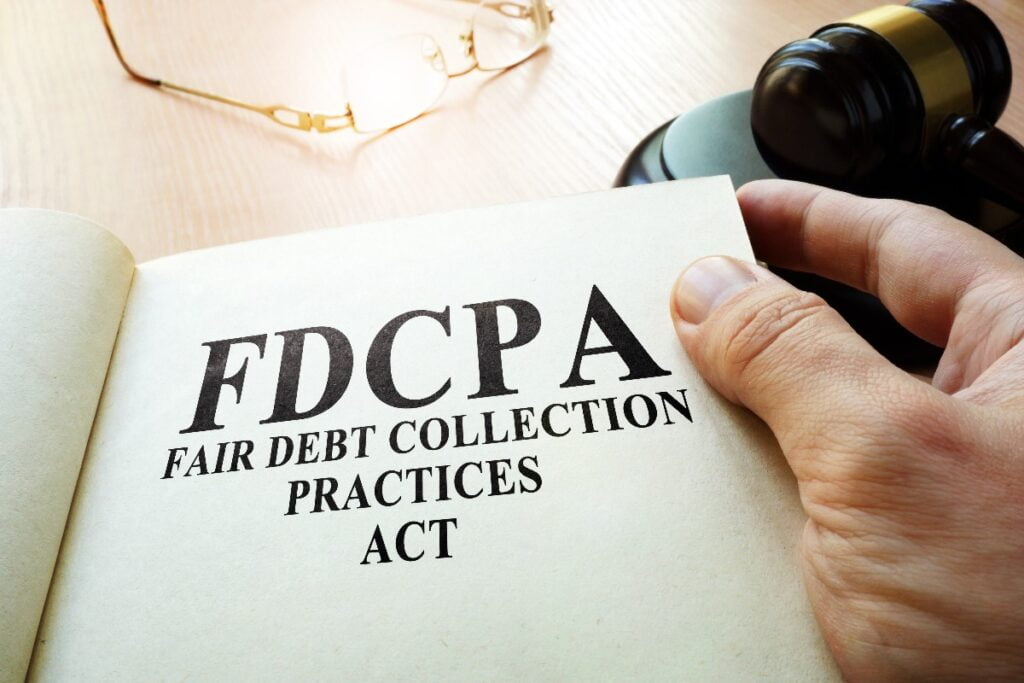- New Customer Inquiries (866) 551-4684
- Customer Service (214) 387-8068
- Make A Payment (866) 558-3328
- Client Portal
- Consumer Support

A comprehensive guide to Texas debt collection laws
Most times, creditors will exhaust every possible option to make a debtor pay their balance. Chasing debtors down is a hassle, and takes up time that you should be spending on growing your business or servicing paying clients. You don’t want to waste all of your time trying to collect overdue invoices. This can be very frustrating. After all, you need to receive payment for your goods and services, so you can continue to provide them. When you’re ready to outsource collection efforts, and just focus on what you’re passionate about Southwest Recovery Services can help.
Southwest Recovery Services is a full-service collection agency with offices located nationwide for your convenience. Our headquarters are located in Addison, Texas. Debt collection practices in Texas must adhere to both state and federal guidelines. We pride ourselves on upholding those guidelines, and collecting outstanding debts ethically, responsibly, and with compassion. Our collection methods allow us to collect your debt quickly without tarnishing your reputation, or ruining the client-customer relationships you’ve worked so hard to build.
The FDCPA protects debtors from harassment, threats, and unfair means of debt collection by third-party debt collectors or attorneys operating as debt collectors. This act is a bit more expansive than the Texas finance code and also prohibits:
The Texas debt collection code is much like the FDCPA. However, it also applies to the original creditor. The Texas Finance Code includes definitions about various interested parties in the debt collection process, and how they’re legally allowed to collect. It provides information about necessary debt collection steps, wage garnishment laws, prohibited collection practices, and penalties for collectors that overstep their rights.
Once an overdue balance goes to collections, more parties may become involved in the debt recovery process.
First, a debtor must be given 30 days to dispute the debt’s legitimacy. If they provide written notice, a debt recovery agent must provide proof within the next 30 days.
The Texas Debt Collection Act stipulates certain regulations that third-party debt collection agencies must abide by to continue operating in this state. Southwest Recovery Services takes all of these guidelines seriously, and we pride ourselves on ethical debt recovery. Here are some debt collection practices that are strictly prohibited in Texas:
The Texas Debt Collection Act probits collectors from garnishing wages for most kinds of debt. A collector can only garnish discretionary income from wages for court-ordered child support, back taxes, and defaulted student loans.
Southwest Recovery collection agents are available to help with collection efforts no matter what industry you specialize in. Contact SWR debt recovery experts at any one of our seven locations to discuss the debt and formulation a collection plan. The professionals at Southwest Recovery are highly trained and will ethically pursue outstanding debts with industry-grade tools, technology, and resources.


We make it fast and easy to refer past due and delinquent accounts to our professional recovery agents. You decide the range on what you will accept on each case, and you ONLY pay a percentage of what we actually collect to resolve the case. Ready to get started, or want to learn more? Fill out this form and a dedicate account manager will call you to get started.